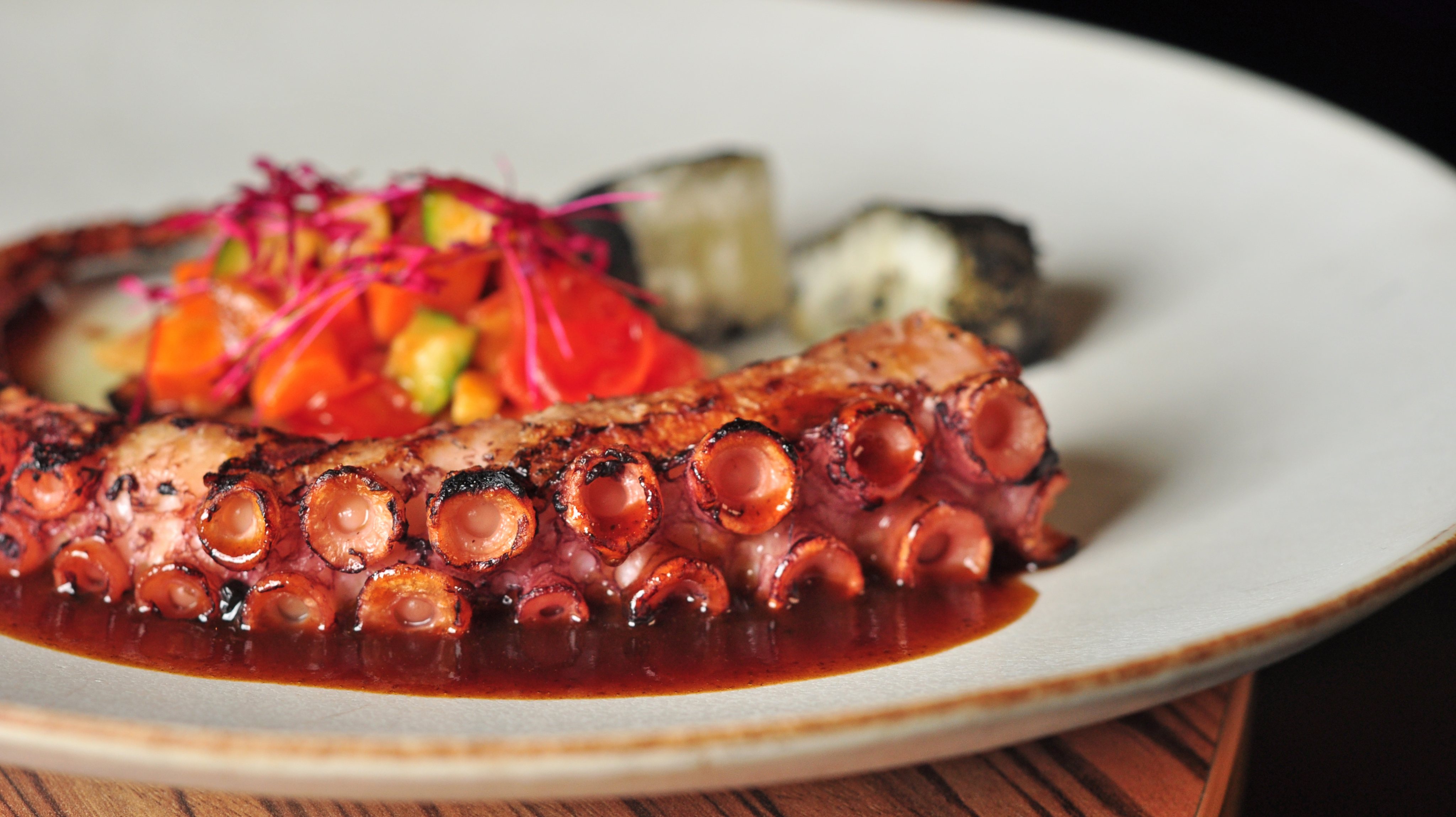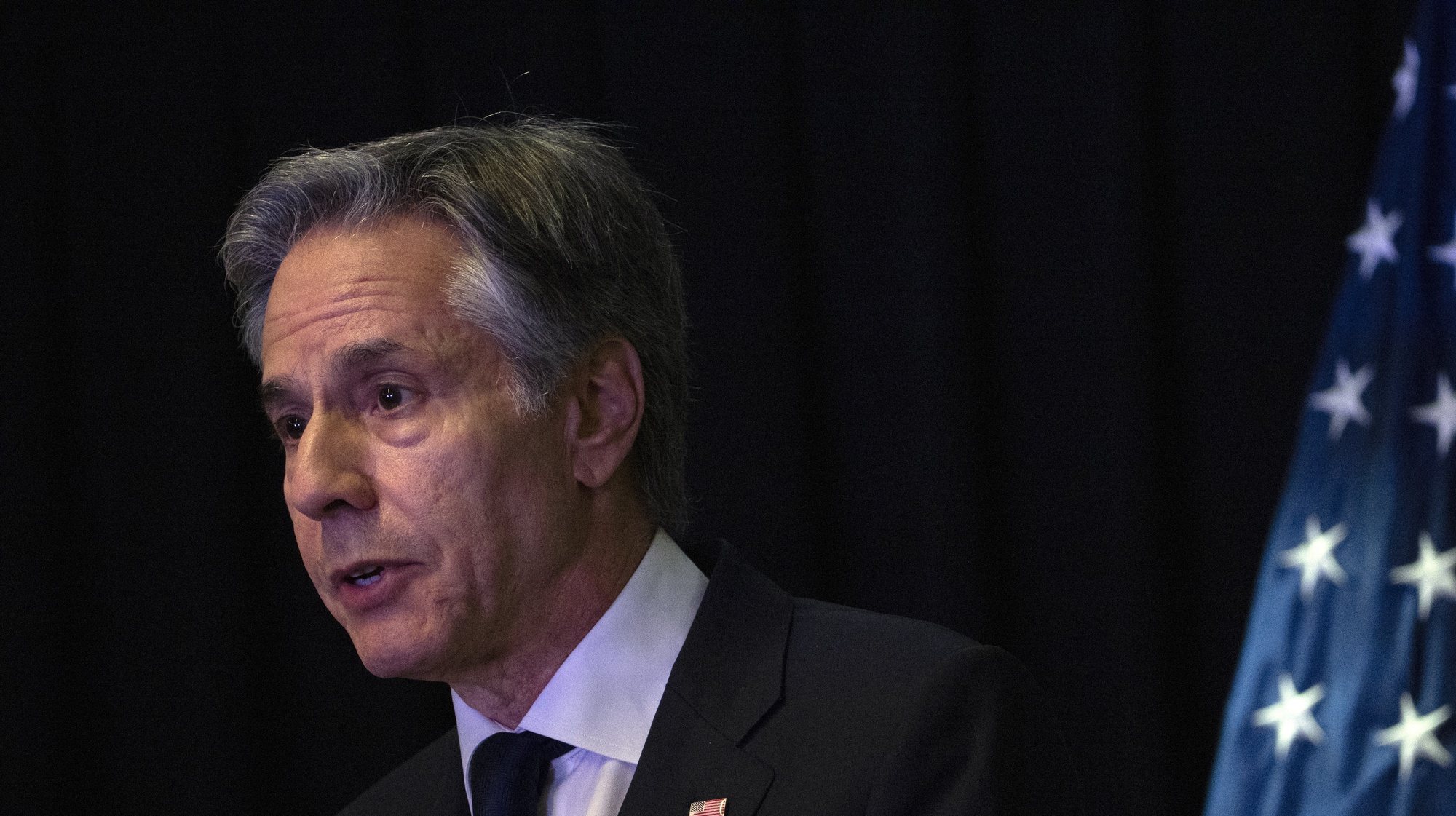Na Grã-Bretanha, o forasteiro pode levar algum tempo até perceber que as aparências são importantes porque nunca sabemos se alguém está a olhar para nós…. É bom não esquecer que nós, os britânicos, nunca nos olhamos nos olhos uns aos outros. Desenvolvemos talentos especiais para olhar sem olhar. É uma espécie de olhar ninja, e alguém mais distraído pode passar a vida acreditando que na Grã-Bretanha ninguém liga à sua aparência. Mas, sim, ligam, e são tão severos a julgar como em qualquer outra parte do mundo.
Em Portugal, é impossível não perceber que as aparências são muitíssimo importantes. Os olhares que começam nos pés, sobem até à cabeça despenteada, e voltam aos pés — são óbvios e constantes.
O “scan” da pessoa permite deduzir a idade, como está penteada ou não, e a que grupo pertence, ou melhor, a que tribo. Nos dias que correm, já não é tão fácil, como há cem anos, definir com toda a certeza a classe social ou a riqueza de uma pessoa — o que, aliás, é bom. Hoje, no entanto, é fácil perceber a que tribo a pessoa pertence. A tribo não indica a origem da pessoa, mas aquilo que ela gostaria de ser.
Identificar as tribos femininas é mais difícil do que identificar as tribos masculinas, porque nós, as mulheres, temos imensas maneiras de nos vestirmos: casual ou informal, vestido ou calças, mini-saias ou mini-calções, penteados bem penteados ou não, colares, óculos, echarpes, malas e sapatos — tantos factores dos quais deduzimos muita coisa sobre uma mulher. Quer ela ser vista como poeta feminista a sério, ou alguém que só liga às compras? Pretende passar por boémia ou limita-se, submissamente, a seguir os mandamentos divinos da moda deste ano, fique-lhe bem ou mal? É sensata ou doida? Artística ou aborrecida com a vida? Tantas tribos, e tanto tempo necessário que é necessário para perceber uma mulher. Se quisermos perceber.
Os homens são mil vezes mais fáceis. As suas tribos são poucas. Por todas as razões evolucionárias e sociológicas, os homens limitaram-se, para se exprimirem, às calças, camisas e pelos na cara.
Uma das tribos masculinas está neste momento a eclipsar todas as outras nas grandes cidades da Europa. Conseguiram eclipsar os “betos”, com os seus chinos cor de creme, as camisas azuis claras e os loafers (o uniforme de verão do “beto”). Estão até a eclipsar os rapazes das calças a cair do rabo (no outro dia, vi-me atrás de um senhor, dobrado para pegar numa caixa: fiquei muito grata por as cuecas dele terem escrito “underwear”, senão não teria percebido). Sim, esta tribo está a eclipsar também os meninos de t-shirts de bandas de música, com calças largas e auriculares permanentemente enterrados nos ouvidos. Está, inclusivamente, a eclipsar os homens de fatos brilhantes e sapatos bicudos.
Eles são os “hipsters”. Os “hipsters” pretendem ser diferentes de todos os outros, mostrar a todo o mundo que estão num caminho muito próprio, muito pessoal, pós-industrial, pós-moderno, pós-irónico, muito maluquinhos, muito giros, contra todos os establishments, futuristas, vanguardistas, artísticos. É isso que parecem representar, em vez de qualquer causa, música, política ou ética específicas…
E como exprimem esta diferença?
Vestindo-se todos da mesma maneira. Deixam crescer a mesma barba, usam as mesmas gangas skinny, os mesmo óculos, pintam-se com as mesmas tatuagens, e rapam as cabeças ou têm a mesma popa com a mesma risquinha irónica ao lado. Parecem uma banda de beatniks dos anos 50 que entraram numa máquina de tempo, passaram o António Variações e o WG Grace a caminho, ficaram todos inspirados para ter barbas maiores, mais horríveis, como ninhos, e acabaram nos anos 2010s sem nada para dizer, a não ser “somos diferentes!! adorem-nos! somos adoráveis!!!”
Acontece que não os adoro. Irritam-me. Talvez porque aparecem sempre em nuvens de “hipsteria”. De facto, é raro ver um só de cada vez, e os seus números estão a crescer como um vírus. Irritam-me talvez por causa do seu ar de desprezo por quem não é “diferente” como eles. Ou mais provavelmente, irritam-me porque me dão ideia de que a coisa no mundo mais importante para eles, absolutamente acima de tudo, é seu aspecto… Ora, o aspecto não é assim tão importante…
Já agora, onde está a minha escova do cabelo?
(traduzido do original inglês pela autora)
Hairy Tribes
In Britain, it takes a while to realise how important appearance is, because you will never know someone has even looked at you… don’t forget, we British don’t do eye contact. We have special skills in looking but not looking. It’s a kind of ninja thing, and it can lead to you believing that no one cares about what you look like. But they do, and they make just as many judgements as anyone else in the world.
In Portugal, you can’t help but know that appearance is vitally important to everyone. The looks up and down, from your feet, up to your unbrushed hair and back down to your feet are blatant and obvious and constant.
From that scan will be inferred how old you are, whether you brushed your hair, and what group of people you belong to… which tribe. These days, it’s harder to work out the social class of a person, or their wealth, like it would have been a hundred years ago, which is a blessing. Tribe is easier. Tribe is not about where you come from, it’s about who you want to be.
Working out the tribes that women belong to is harder than those of men because we have so many more ways to dress. Dress up, dress down, dress or trousers, miniskirts or short shorts, hairdos brushed or not, necklaces, glasses, scarves, handbags and shoes, so many factors from which we deduce many things about who she is. Does she want to be taken seriously as a feminist poet or as someone who cares only about shopping for shoes? Does she want to be bohemian or slavishly follow the season’s commandments from on high about what is fashionable, whether it suits her or not? Is she sensible, business-like, crazy, artistic, bored with life? So many tribes, so much time to take to work out who she is, if you want to.
Men are so very much simpler to deduce. Their tribes are few. For all the evolutionary and sociological reasons that we do and don’t understand, they limited themselves to their trousers and shirts and facial hair to express themselves.
One tribe of men of the moment is eclipsing all others in the big cities of Europe. They are eclipsing the betos in their cream chinos and blue shirts and loafers, their regulation summer uniform. They are eclipsing the boys in trousers that are hanging from their bums (just the other day, I got stuck behind a man who was bending down for a crate. I was grateful that his underwear read “underwear” on the waistband, otherwise I would have been none the wiser). They are eclipsing the kids in the band tshirts and baggy trousers with earphones permanently in their ears. They are eclipsing the men in shiny suits and pointy shoes.
They are the hipsters. The tribe who wants to stand out and be different from all the rest, show the world that they are going their own way in a post-industrial-post-modernist-post-ironic kind of a way, being crazy and kookie and anti-establishment and forward thinking and avant-garde and artistic. That’s what they seem to stand for, instead of any particular cause, particular music, particular politics, particular ethical stance.
And how do they do this, express this differentness?
By all dressing the same. By growing the same beard, wearing the same skinny jeans, wearing the same tshirt, wearing the same glasses, painting the same tattoos on themselves, by shaving their heads or growing the same quiffs with an ironic parting at the side. They are like a band of beatniks from the fifties who got on a time machine, passed by António Variações and WG Grace on the way and took inspiration for the bigger, nastier and nestier versions of their beards and ended up in the twenty teens with nothing to say apart from “we’re different! love us! we’re adorable!!”.
But I don’t love them. I am irritated by them. Maybe it’s because they come in clouds of hipsterdom; it is rare to see just one of this kind of hipster and their numbers are growing like a virus. Maybe it’s because they exude a lack of regard for anyone not as “different” as they.
Maybe it’s because they give me the idea that the thing that is more important to them than anything else is how they look…. and really, it’s not that important.
Now, where’s my hairbrush?














